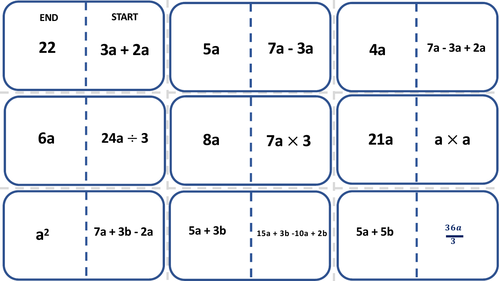AnotherU2fan's Shop
With over 20 year's teaching experience, I am now a SLE for Maths and provide consultancy support to a number of schools across the UK and Channel Islands. Many of the schools I support are now implementing a mastery curriculum and are currently trialling some of my resources with great feedback from both staff and students.


















